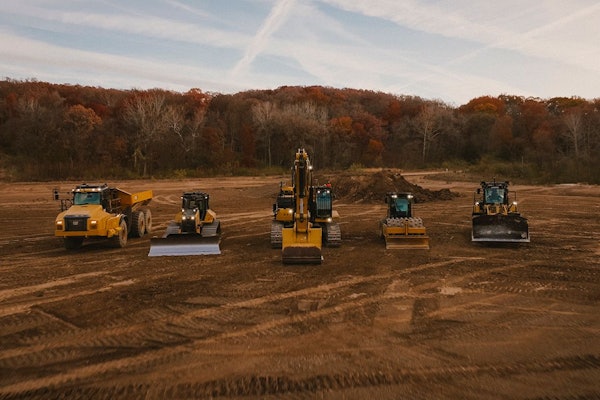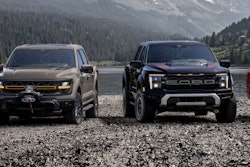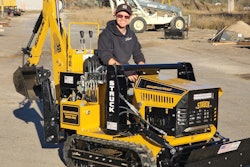Diesel pickup trucks have been around for years but a new generation of diesel engines offers a major leap in convenience and drivability, says Jack Blanchard, assistant chief engineer at GM Powertrain. Gone are the smoke, noise and difficult cold-weather starts.
In the heavy duty pickup truck market GM started it all by offering Isuzu-Duramax diesel engines while Dodge and Ford have intoduced pickup diesels built in conjunction with Cummins and International, respectively.
Gas engines still have their place, but here’s a close look at the pros and cons of each.
Diesel pros
· Torque, torque and more torque. Example: the GM/Isuzu Duramax diesel produces 300 horsepower and 520 foot-pounds of torque at 1,600 rpm. By contrast, GM’s big block Vortec 8011 gasoline engine cranks out 340 horsepower, but just 455 foot-pounds of torque at 3,200 rpm. This low-rpm diesel grunt power is particularly useful trailering heavy loads from a standstill.
· Fuel economy. “With a diesel you should get 20 to 30 percent better fuel economy,” says Blanchard. “A big part of it is that a diesel under heavily loaded conditions won’t have a drastic fall off in fuel economy like a gas engine will.”
· Durability. Blanchard says the expected life on the new pickup truck diesels will be in the 250,000- to 300,000-mile range.
· Maintenance commonality. Since your construction equipment fleet is diesel, having diesel trucks gives your shop technicians one less engine type to deal with.
Diesel cons
· Price. GM’s diesel pickup trucks will cost about $7,000 more than comparably equipped gasoline engine trucks, says Blanchard. About $4,500 of this is for the engine and $2,500 is for the heavy-duty transmission you’re going to need to handle all that torque.
· No 1/2-ton diesels, yet. Emissions regulations and testing for 1/2-ton pickups differ from those used to evaluate heavy-duty 3/4- and 1-ton pickups. As a result, the manufacturers have not yet put a diesel engine in the smaller trucks.
Gas pros
· Price. As mentioned in the diesel column, a gasoline-powered truck costs less than a comparable diesel model. But keep in mind that if you go with a big block gas engine in a heavy duty 3/4- or 1-ton truck, you will still need (and have to pay for) the heavy-duty transmission that’s standard for diesels.
· Small truck availability. If all you’re hauling is a foreman, blueprints and a few tools, a 1/2-ton truck is sufficient, and these only come with gasoline engines.
Gas cons
· This is pretty much just the opposite of the “Pros” list for diesel: a bit less torque, more fuel burned under load, a shorter lifetime and a different engine and maintenance system for your shop technicians.
“A diesel engine is not for everybody,” says Blanchard. “There is no point in buying a diesel if you’re not going to haul with it or trailer with it or work it.” But if you’re hauling big parts or components, trailering a skid steer or small backhoe or doing any of the other types of heavy work that go hand-in-hand with big construction machines, diesel is definitely the way to go.






